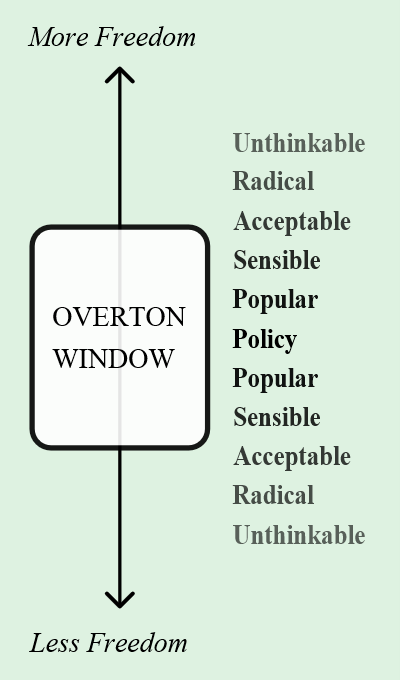Our schools need more democracy, not just funding, to flourish

Modern society is riven with problems. We have huge inequality, unemployment, social strife, and we are falling to respond to our urgent environmental problems. Many of these problems can be traced back to the structure of our economy; modern capitalism is a hierarchical and individualistic system, encouraging and allowing greed, exploitation, and conflict, as well as great poverty and inefficiency. It is becoming increasingly clear to many that our current economic system needs a complete overhaul, and that more democratic, egalitarian and participatory alternatives are possible.
However, despite the abundance of evidence that democratic and egalitarian alternatives are possible, many people still reject them out of hand. This is not just a problem for political economy, but a wider problem of human decision-making. Psychologists have increasingly noted in the last few decades humanities limited ability to change our minds, even when presented with compelling evidence, facts and figures. Humans have significant confirmation bias; we do not like to be proven wrong. In some circumstances the presentation of evidence that contradicts our beliefs can cause even a ‘backfire effect’ which leads us to support our disproven beliefs more strongly.
In political discourse, humanities limited ability to accept ideas is sometimes described through the concept of the Overton window. The Overton window describes the range of ideas that the public are open-minded to; anything outside the window is automatically rejected.

To get more progressive ideas accepted by the public, it is necessary to shift this window, which in turn requires reforming the public culture. Reforming the public culture has long been a goal of progressives; one of the most famous cultural analysts is Antonio Gramsci, who wrote in the 1930s on the culture of France, and the key cultural institutions of his day. One of these, and a key institution in western society today, is schools.
For most humans alive today, schools are the major institution that we interact with during our formative years. They are one of our first glimpses of how human society works, of human organisation, social relations, and responsibility. The way in which schools operate has a huge impact on the kinds of social order that adults view as possible, practical and reasonable.
Progressives have long fought for increased and more egalitarian funding for schools. This is certainly a noble goal, but the question of how schools operate has largely been neglected, meaning we have missed a vital opportunity to instil progressive values in our populace. At the moment, children report to school each day under the threat of government sanctions; there they told where to go, what to learn and how to learn it. They are pressured to compete with other students, expected to obey whatever orders the teachers give, and are rewarded for conformity. Under this model schools instil in our kids values of discipline, submission to authority, hierarchy, competition, individualism, and obedience. It is a deeply regressive model, which normalises capitalist relations and competitive individualism.
Those of us who seek a more democratic and egalitarian society, should look instead to democratic schooling, and particularly the Sudbury model, as a new direction to take schooling. The Sudbury model, first used at the Sudbury Valley School in Massachusetts, promotes a different kind of learning environment based on educational freedom, self-directed study, cooperation and democratic governance. Here children are allowed to choose what they want to study, are encouraged to work with other students, and have a real democratic voice in the governance of their school. This model is a proven success for providing students with high-quality education, and instilling progressive values which enable them to be active and engaged citizens.
In Britain the idea of democratic schools where children are given real power may itself seem outside of the Overton window, but similar ideas are familiar to many in the educational sector, and there is already a start-up project in Kent attempting to put these ideas to practice in the UK. A Labour government that is serious about moving Britain to the left and permanently reversing thatcher’s legacy must seriously consider all the ways to change Britain’s culture. Helping projects like the one in Kent to develop;, and bringing elements of democratic schooling into the public school system could be a first step towards a more radical overhaul of our schooling system.




Leave a Reply